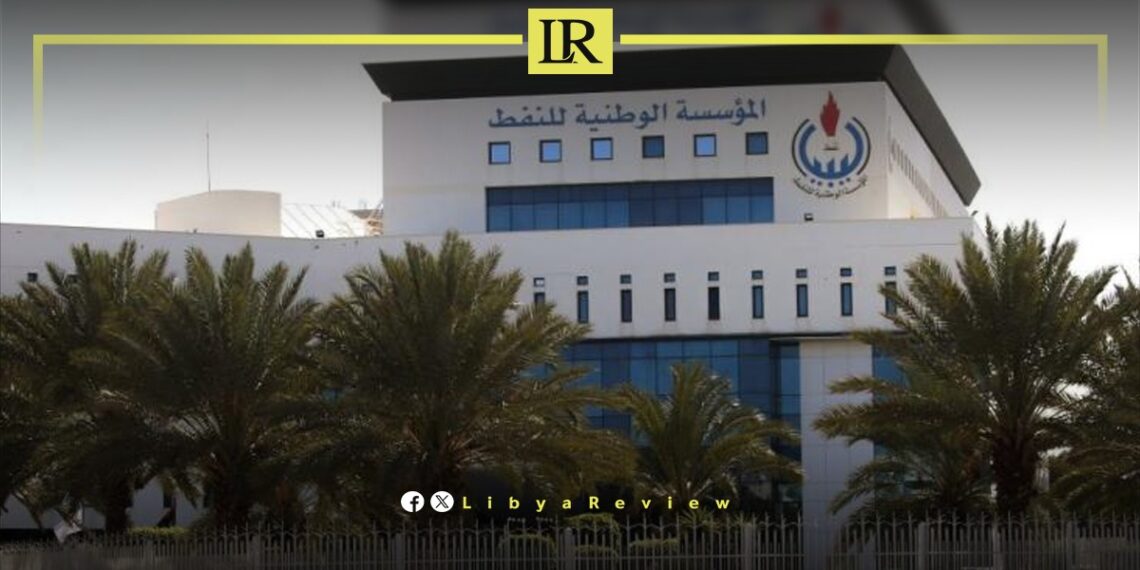On Wednesday, the National Oil Corporation (NOC) declared a force majeure at the Sharara oil field. This decision comes amid prevailing conditions at the field that have hindered the NOC’s ability to conduct crude oil loading operations.
In a statement, the NOC explained that the current circumstances at the Sharara oil field are beyond its control and unavoidable, necessitating the force majeure declaration starting from August 7, 2024. These conditions have disrupted oil production and halted oil export operations at the Zawiya terminal. However, the force majeure will not affect the loading and unloading of oil products. The NOC assured stakeholders that operations would return to normal when the disruptive conditions were resolved.
Just yesterday, the NOC announced a partial reduction in production from the Sharara oil field due to ongoing sit-ins by the Fezzan Movement protest group. These protests have exacerbated the already volatile situation, leading to a gradual shutdown of production activities.
According to a report by Bloomberg, oil production at the Sharara field has dropped by 50,000 barrels per day, reducing the field’s output to 210,000 barrels per day. The Sharara oil field in the Murzuq Desert is a crucial asset for Libya’s oil industry. It is one of the country’s largest and most productive oil fields, with a potential output of approximately 300,000 barrels per day under normal conditions. The field is operated by the NOC in partnership with Repsol, TotalEnergies, OMV, and Equinor.
However, the field has frequently been a target of protests, blockades, and security issues, significantly impacting its operations. The latest disruption underscores the ongoing challenges faced by Libya’s oil sector, which remains a critical source of revenue for the country.
The shutdown of the Sharara oil field highlights the persistent use of oil as a political tool by various Libyan factions. According to The Guardian, the recent closure illustrates how Libyan leaders leverage the country’s oil resources to push their agendas. These disruptions not only affect national oil production but also have far-reaching implications for global oil markets.
The continued instability in Libya’s oil sector underscores the need for a more stable and secure operating environment to ensure the consistent flow of oil, which is vital for the country’s economic stability and development.


